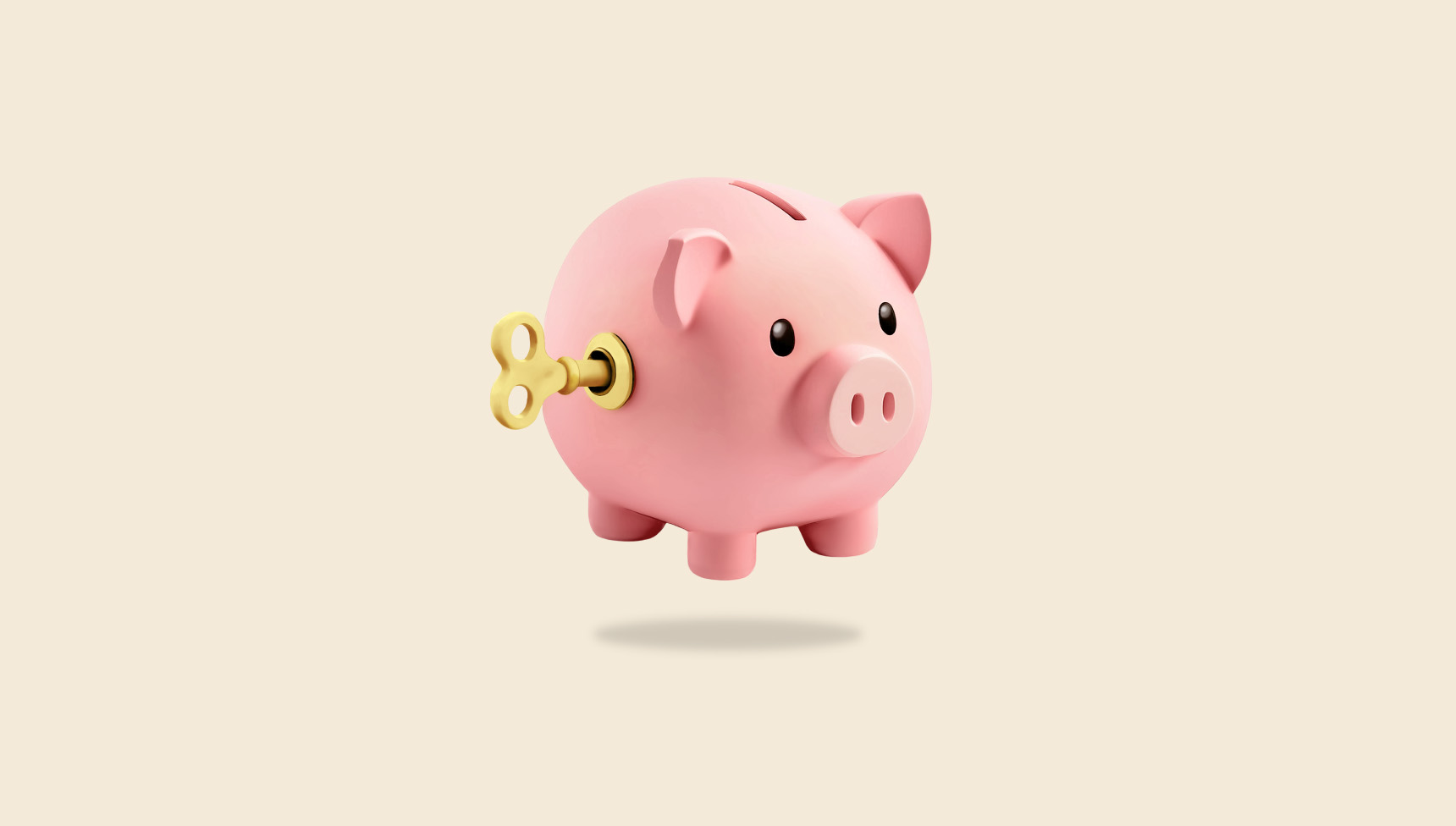
Accessing your super when you're retired
| Regular payments | Lump sum |
|---|---|
| Taking out your super in regular payments means you can choose how and when you receive them. Another benefit is that we’ll continue to work hard for a return on the money that remains invested in your account. | Taking out your super as a lump sum doesn’t mean you have to withdraw it all at once. You can take some of it out and leave the rest to access as you need it, or take it out as a regular income stream later. |
| Regular payments | Taking out your super in regular payments means you can choose how and when you receive them. Another benefit is that we’ll continue to work hard for a return on the money that remains invested in your account. |
| Lump sum | Taking out your super as a lump sum doesn’t mean you have to withdraw it all at once. You can take some of it out and leave the rest to access as you need it, or take it out as a regular income stream later. |
| Your age on 1 July or commencement of pension* | Default minimum drawdown rate (% of account balance) |
|---|---|
| Younger than 65 | 4 |
| 65-74 | 5 |
| 75-79 | 6 |
| 80-84 | 7 |
| 85-89 | 9 |
| 90-94 | 11 |
| 95 or older | 14 |


Unexpected events
Returning to work after you’ve retired and accessed your super
Most retirees can return to work after accessing their super but there are things to consider.


Planning for retirement
What are the latest Age Pension rates and limits?
In this article, we’ll walk you through the current pension rates and Age Pension limits.


Planning for retirement
How much super can you have and still get the Age Pension?
Thinking of applying for the Age Pension? Find out how your super balance and overall assets could affect your eligibility for Age Pension payments.
